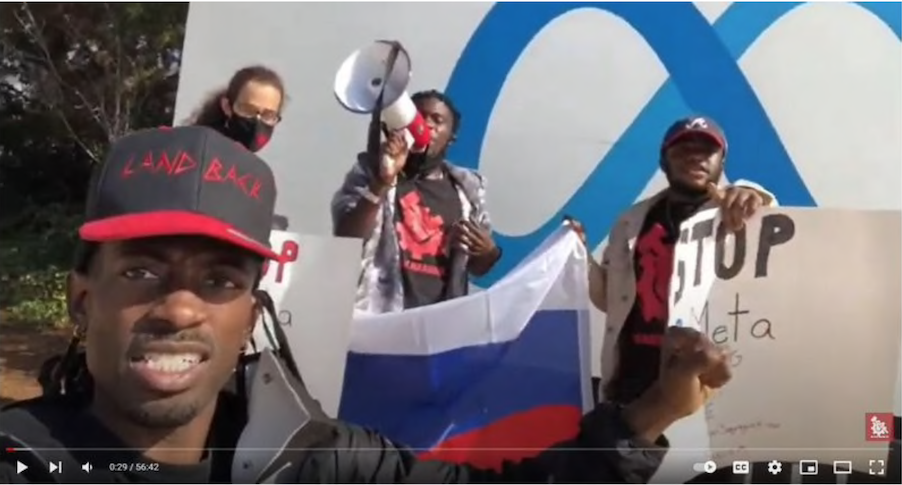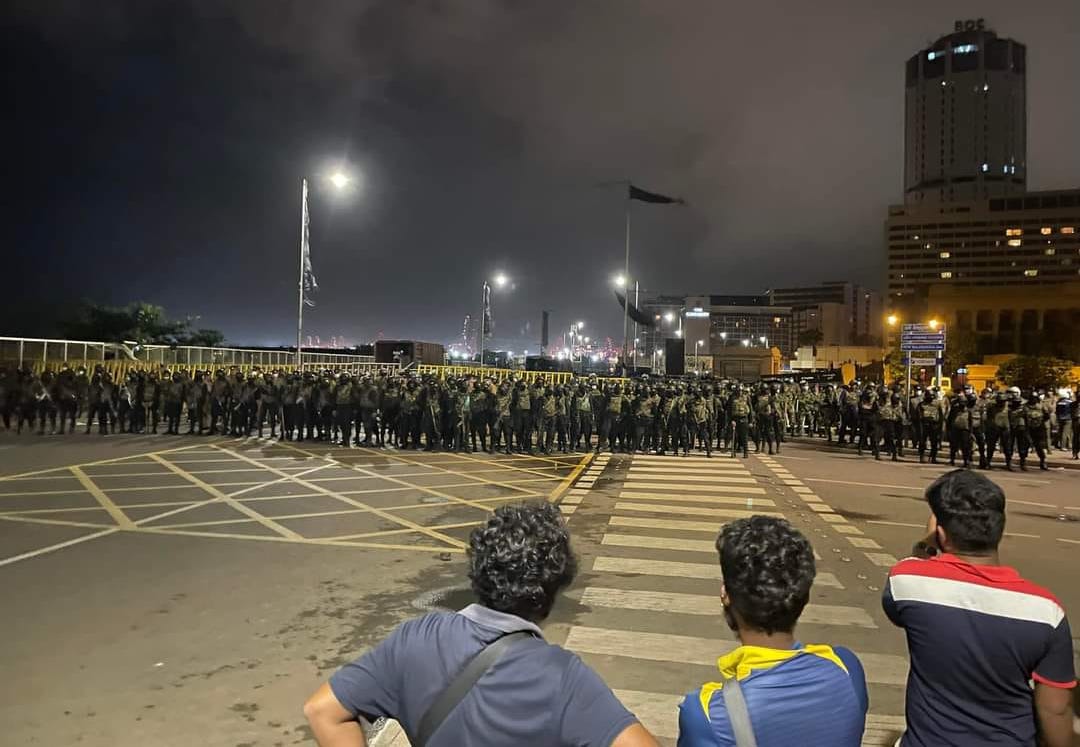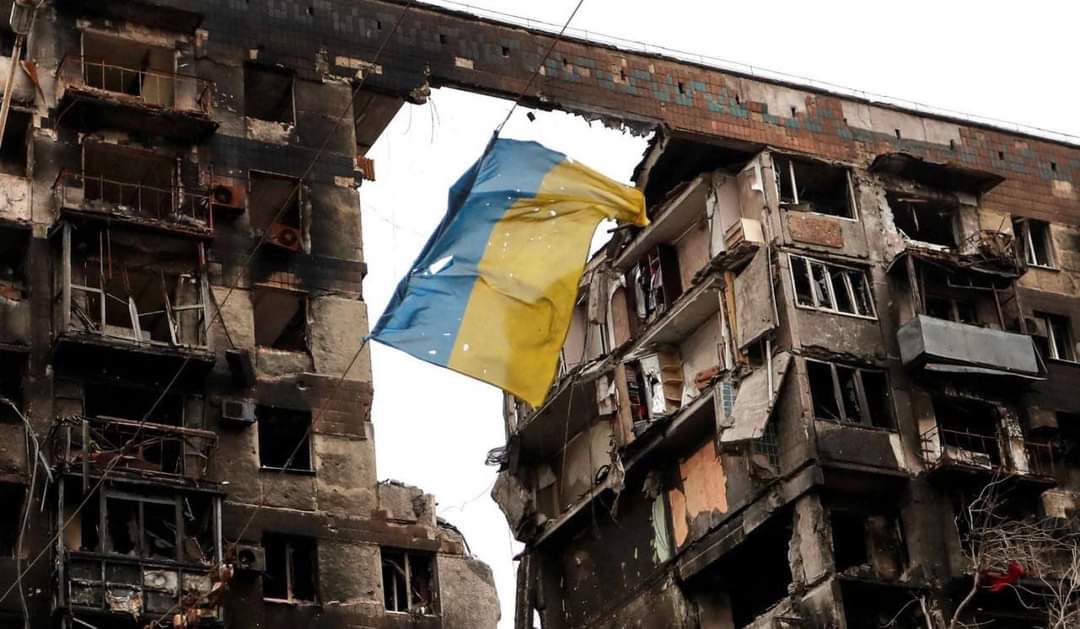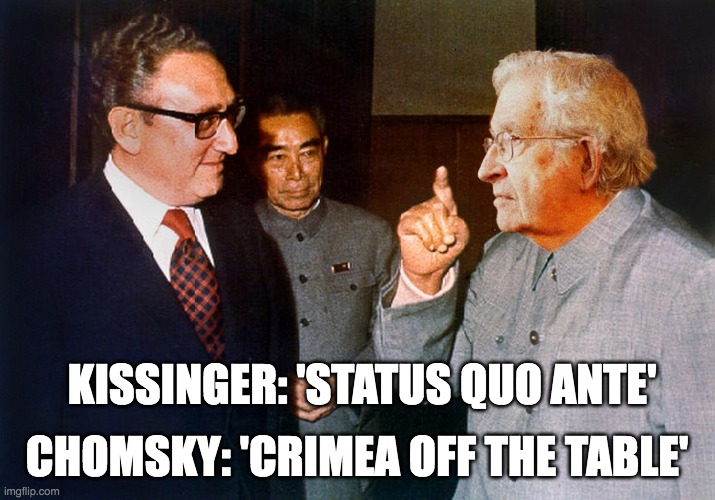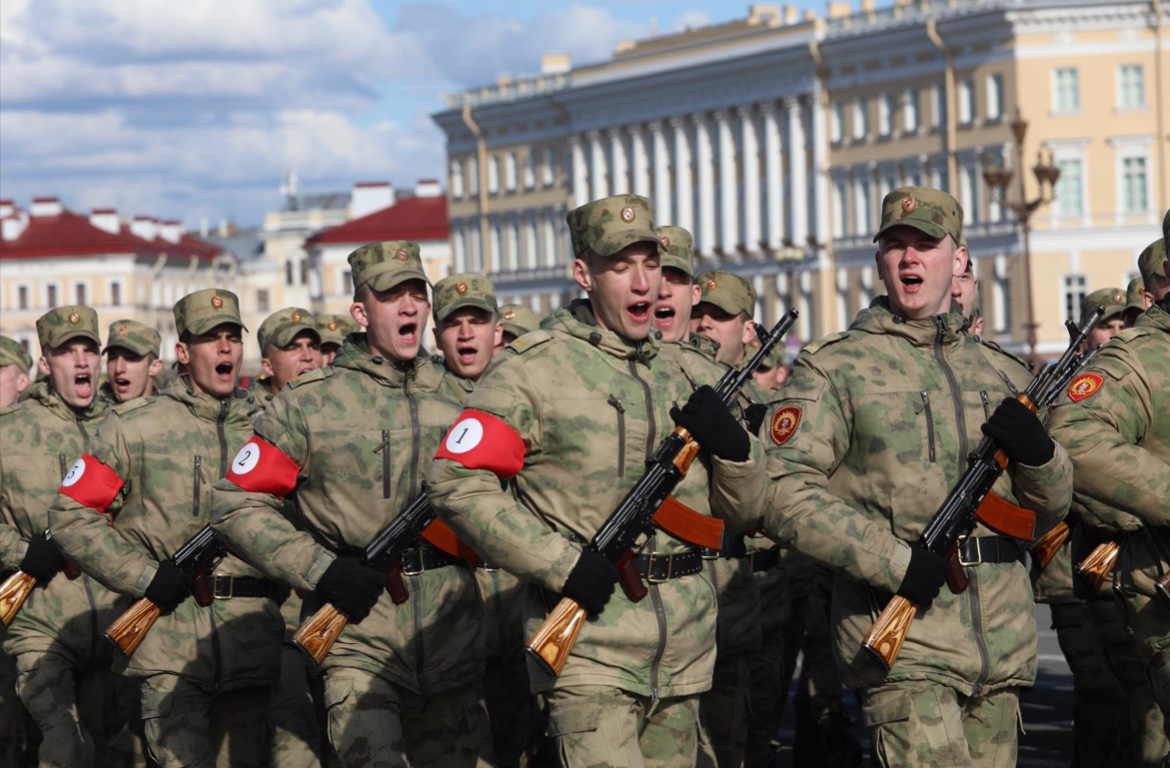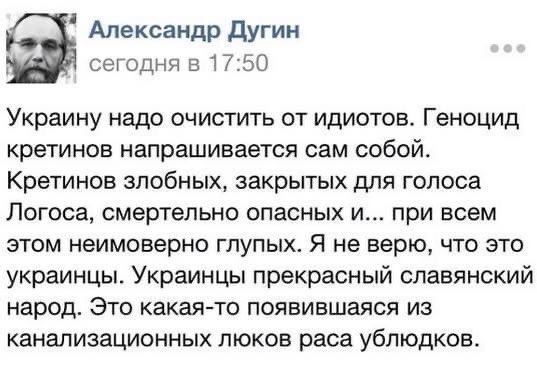
Intrigue over assassination of Daria Dugina
Darya Dugina, Russian state media war propagandist and the daughter of ultra-nationalist ideologue Alexander Dugin, was killed when a remote-controlled explosive device planted in her SUV went off as she was driving on the outskirts of Moscow. Russia’s Federal Security Service (FSB) is charging that the assassination was “prepared and perpetrated by the Ukrainian special services.” According to the FSB, a Ukrainian citizen, Natalya Vovk, carried out the attack and then fled to Estonia. Russian media reports are claiming she was a member of Ukraine’s Azov Battalion, and that the elder Dugin was the actual target of the attack. A statement from Russia’s Foreign Ministry said the killing reflects Kyiv’s reliance on “terrorism as an instrument of its criminal ideology.” Kyiv vigorously denies any involvement in the killing. In Estonia, the prosecutor general’s office said that it “has not received any requests or inquiries from the Russian authorities on this topic.” (Image: Social media post in which Dugin called for “genocide” of the Ukrainian “race of degenerates.” Via Twitter)




